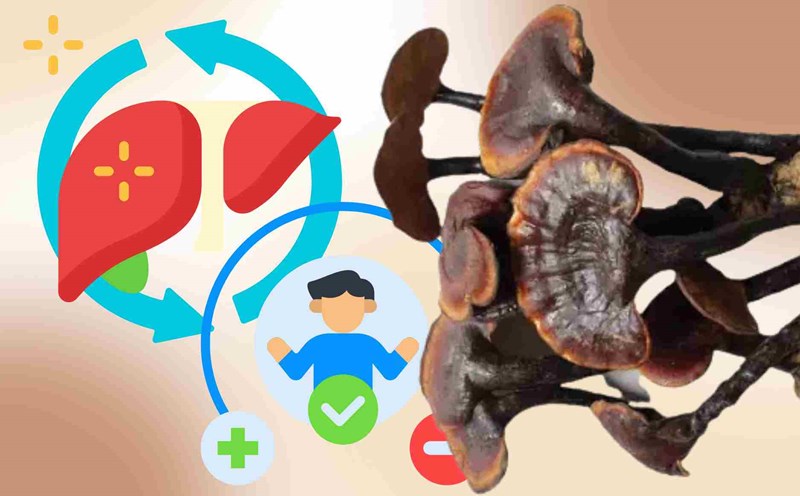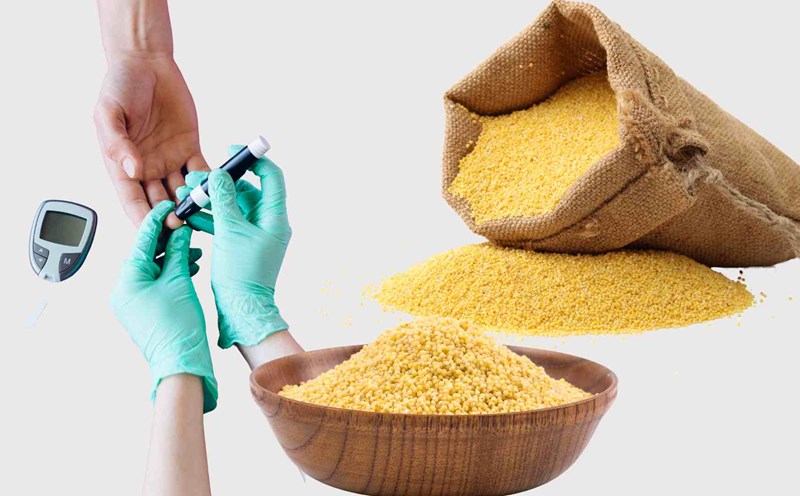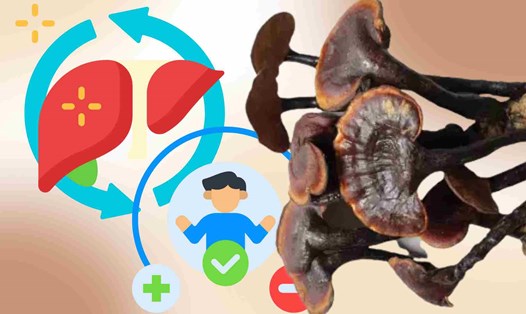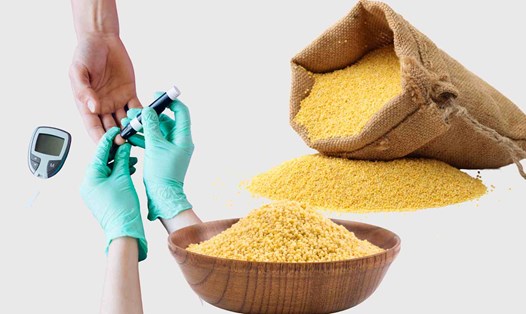With a high fiber, polyphenol and flavonoid content, millet helps reduce the oxidative burden, one of the main causes of liver cell damage.
According to Dr. Lisa Young, a nutritionist at New York University (USA): Seeds are a good choice for the liver because they have a low glycemic index, are low in saturated fat and are rich in antioxidants. These compounds help reduce fat accumulation in the liver and support the natural detoxification process".
Dr. Lisa Young also recommends eating millet instead of a portion of white starch in your daily diet to improve liver function and blood sugar.
A study published in the Journal of Food Science and Technology (2022) showed that statins such as foxtail millet or pearl millet can reduce liver enzymes ALT and AST in people with mild metabolic disorders.
In addition, the active ingredient ferulic acid in millet also helps enhance the activity of the enzyme glutathione, the liver's natural shield against toxins and free radicals.
To maximize effectiveness, experts recommend boiling, cooking porridge or mixing salad instead of roasting too much, because high temperatures can reduce the amount of polyphenols. Millet seeds can be eaten 3-4 times a week, combined with green vegetables and drink enough water to promote the detoxification process.
Dr. David Katz, Director of the Yale-Griffin Preventive Medicine Research Institute (USA), emphasized: "A diet rich in whole grains such as millet, oats or brown rice helps reduce chronic hepatitis and improve liver function in obese people or drinkers of alcohol".
The information in the article is for reference only, not a replacement for medical diagnosis or treatment. You should talk directly to your doctor for accurate advice that is suitable for your health condition.











